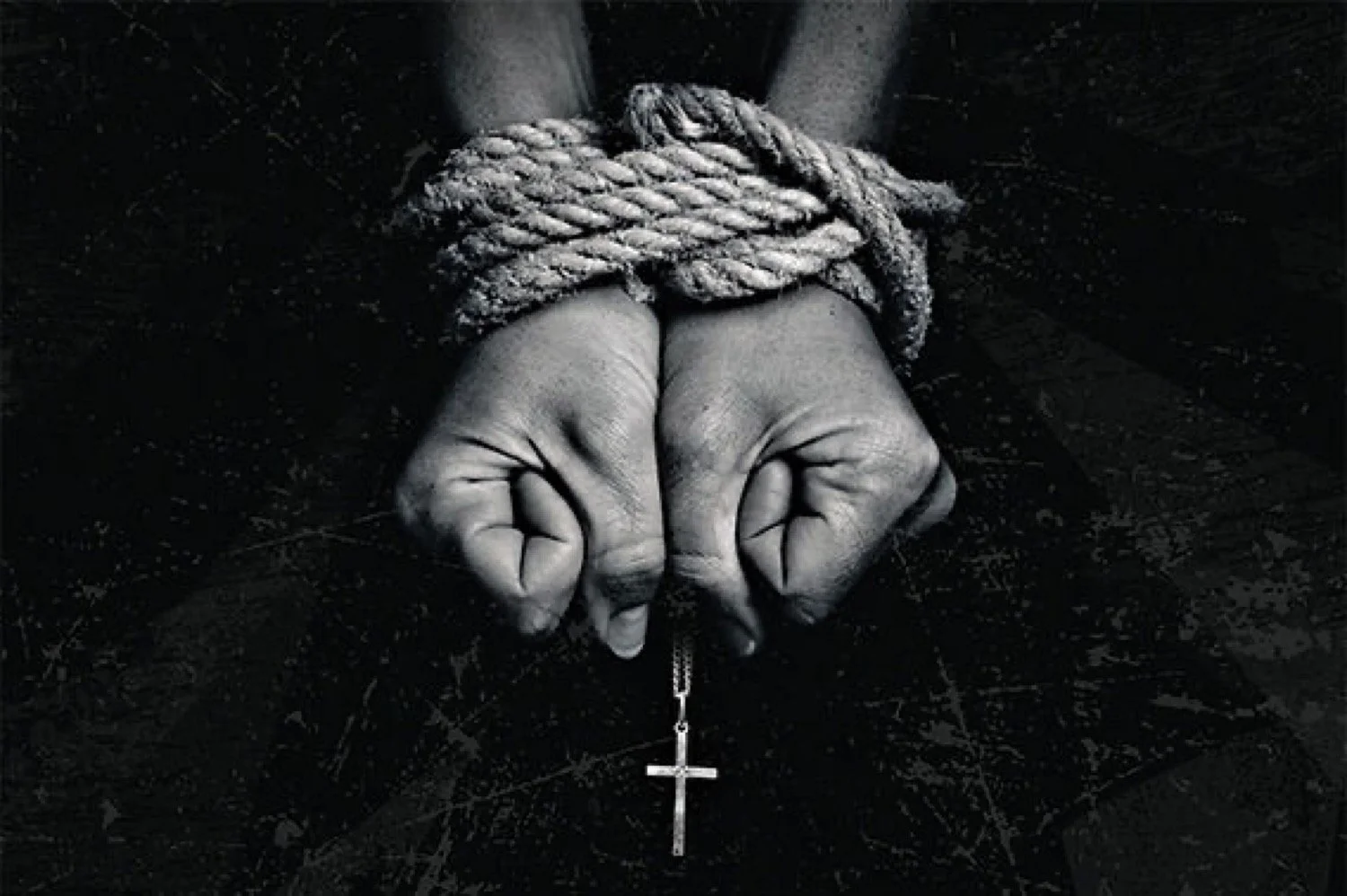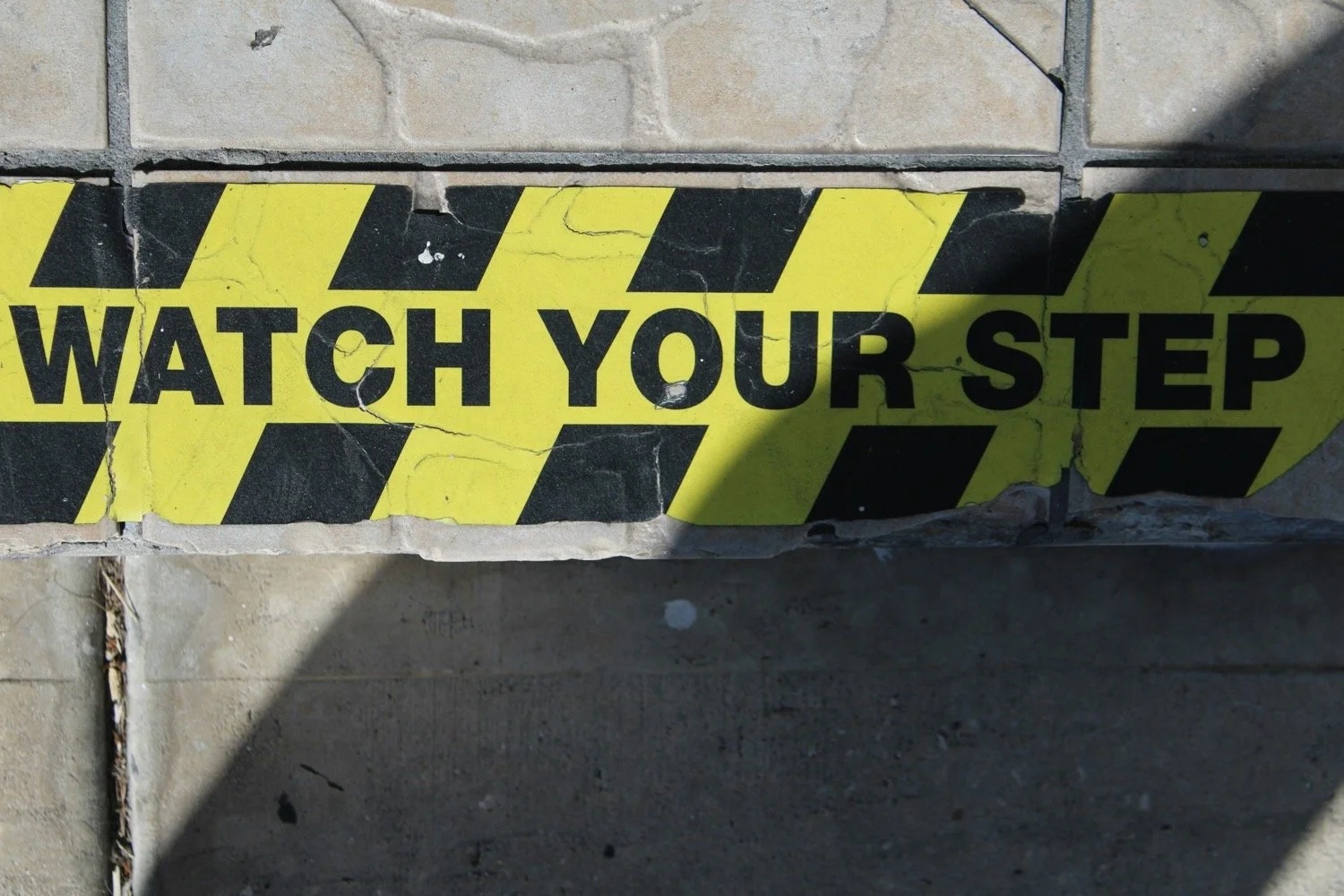Readings for today: Philemon, Colossians 1-4
The Bible has often been used to justify the horrors of slavery. Southern slave owners and their preachers in the 18th and 19th centuries proof-texted from all over the Scriptures to justify their crimes. Even well-known pastors and theologians like Jonathan Edwards and George Whitefield were blind to the sin of slaveholding. Many over the years cite these examples as reasons not to believe the claims of Christianity. After all, if Christianity is the “slaveholders” religion then surely it’s not worth following. I’d agree. At the same time, the Bible birthed the abolitionist movement. Christians like William Wilberforce, John Wesley, Sojourner Truth, Harriet Beecher Stowe, Charles Spurgeon, Charles Finney, and many others relied on passages like the ones we read today from Philemon and Colossians as they launched and organized a movement that put an end to the Atlantic slave trade and brought an end to the practice of slavery in the United States altogether. Furthermore, Christians remain on the forefront of the abolitionist movement to this day through organizations like the International Justice Mission as they battle slavery in all its forms around the world.
In my opinion, the Apostle Paul doesn’t get near enough credit for how radical he must have sounded to his contemporaries. As we’ve said throughout this year, though the Bible was written for us, it was not written to us. And Paul was preaching and writing and theologizing at a time when almost one-third of the world was enslaved. Slavery was normative in Paul’s day. It was part of the economic fabric of the empires of the ancient world. The idea that every human being was made in the image of God and therefore all human beings equal in the eyes of God was radical and far-reaching and had yet to fully take hold. Aristotle himself believed that some people were born to be kings and some were born to be slaves and this was just the natural order of things. And then along came this fiery little apostle whose life had been transformed by his encounter with the Risen Christ and what he preached and taught literally turned the world upside down.
Listen again to what Paul writes to Philemon about his runaway slave, Onesimus. “Maybe it’s all for the best that you lost him for a while. You’re getting him back now for good—and no mere slave this time, but a true Christian brother! That’s what he was to me—he’ll be even more than that to you.”(Philemon 1:15-16 MSG) Paul’s vision of the Kingdom subverts and undermines every other kingdom on earth. His understanding of the ways of God’s Kingdom radically de-centers all natural human relationships. He upends cultural norms by pressing those he loves deeper into the ethics of Jesus. Philemon has come to Christ under Paul’s preaching. He himself was set free from slavery to sin and death in the name of Jesus and should therefore rejoice and embrace the emancipation of his former slave Onesimus now that he too has become a believer. This is the key for Paul. Because Christ has set us free, we must be about the business of setting others free. Spiritual realities should lead to physical and cultural realities. They are not separate entities.
Listen to how he describes it to the Christians in Colossae. “God rescued us from dead-end alleys and dark dungeons. He’s set us up in the kingdom of the Son he loves so much, the Son who got us out of the pit we were in, got rid of the sins we were doomed to keep repeating.” (Colossians 1:13-14 MSG) In other words, Christ has set us free. We are no longer slaves to fear. No longer slaves to sin. No longer slaves to the evil one. As a result, every relationship we have in this life is no longer bound by the rules of this world. No longer bound by the cultural practices of this world. No longer subservient to the ways of this world. Relationships are no longer about power or honor or shame or guilt. They are about love and freedom and service. All because we have become new creations in Christ. This is why Paul addresses the core relationships of his day when he talks about marriage and family and work. “Wives, understand and support your husbands by submitting to them in ways that honor the Master. Husbands, go all out in love for your wives. Don’t take advantage of them. Children, do what your parents tell you. This delights the Master no end. Parents, don’t come down too hard on your children or you’ll crush their spirits. Servants, do what you’re told by your earthly masters…Keep in mind always that the ultimate Master you’re serving is Christ…And masters, treat your servants considerately. Be fair with them. Don’t forget for a minute that you, too, serve a Master—God in heaven.” (Colossians 3:18-4:1 MSG) Paul is not reinforcing existing power dynamics here. He is helping the believers see that they are set free to serve so this world no longer has a hold on them.
Fast forward to our day. How does this same principle apply? Well, the world seems hellbent on the accumulation of wealth and power and influence and control. Christians push the opposite direction. Because we have been set free from the principalities and powers of this present darkness, we are free to give and share and serve and love. In this way, we are still about the business of setting people free.
Readings for tomorrow: Ephesians 1-4




